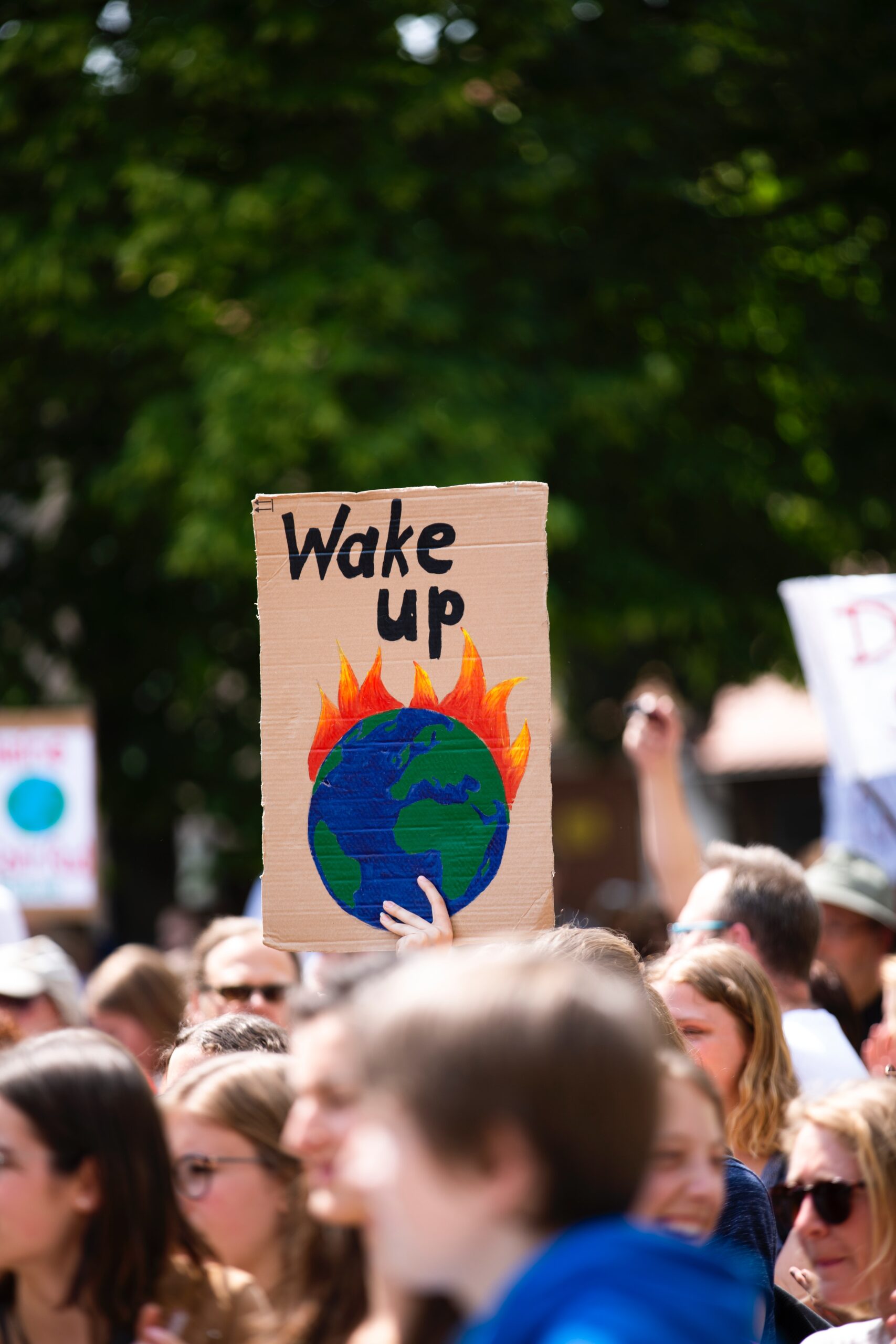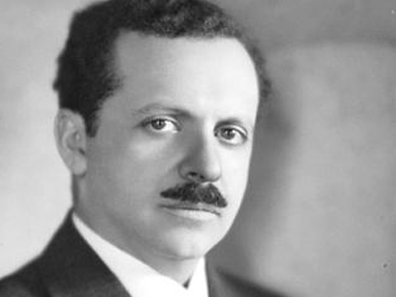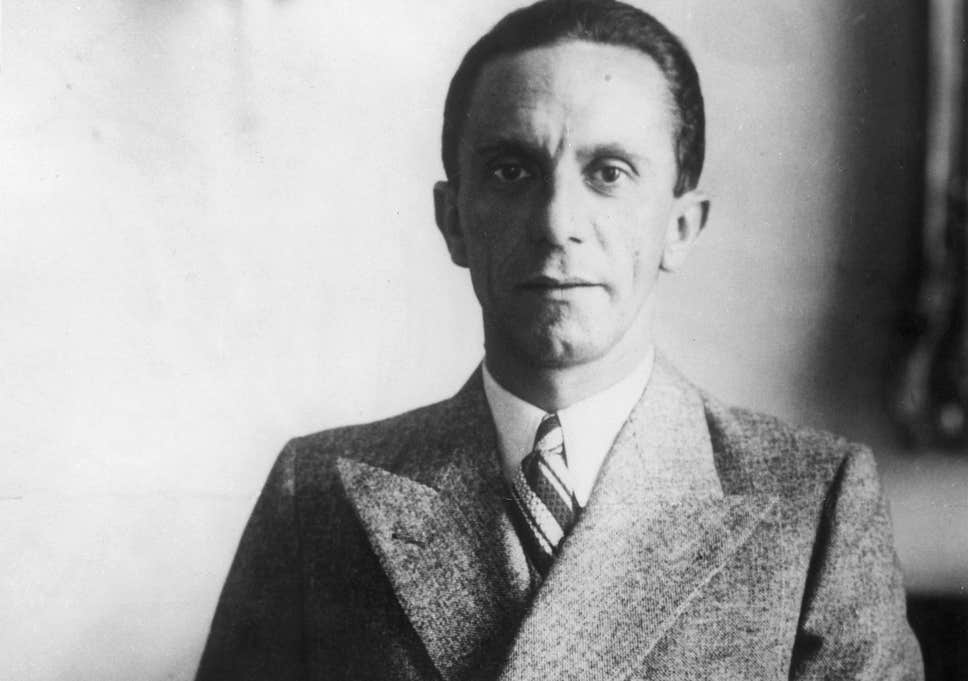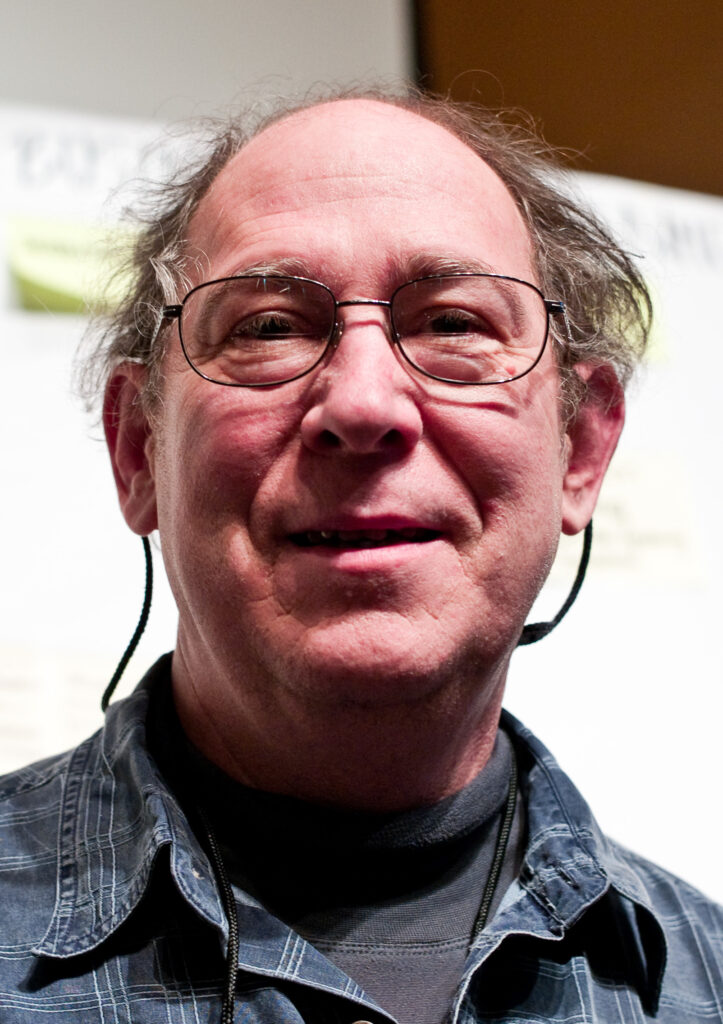
03 Mar Twitter versus reality in climate science
Apparently, the more you tweet about something, the more it becomes the truth. Telling lies in a voluminous and proficient manner to alter perception is not a new tactic. But with social media, the practice takes on new dimensions.
Edward Bernays is perhaps the foremost pioneer of modern propaganda. And his methodology and practices are still being used today in everything from advertising to climate science. One of his more famous quotes is:

“The conscious and intelligent manipulation of the organized habits and opinions of the masses is an important element in democratic society. Those who manipulate this unseen mechanism of society constitute an invisible government which is the true ruling power of our country. We are governed, our minds are molded, our tastes formed, our ideas suggested, largely by men we have never heard of. This is a logical result of the way in which our democratic society is organized. Vast numbers of human beings must cooperate in this manner if they are to live together as a smoothly functioning society.”
Hitler’s propagandist, Joseph Goebbels learned from Bernays and used his tactics in Nazi Germany. He said:

“If you tell a lie big enough and keep repeating it, people will eventually come to believe it. The lie can be maintained only for such time as the State can shield the people from the political, economic and/or military consequences of the lie. It thus becomes vitally important for the State to use all of its powers to repress dissent, for the truth is the mortal enemy of the lie, and thus by extension, the truth is the greatest enemy of the State.”
From the 1930s we jump ahead to the current day, where the “settled science” of “climate change” is nothing more than an extension of the methods utilized by Bernays and Goebbels. And it all began in the 1970s with a man named Stephen Schneider.
Dr. Tim Ball describes Schneider in this well constructed review of Schneider’s life and career this way:
“He more than any other person created and drove the biggest deception in history; intellectualized most perversely the concept of uncertainty into certainty and provided the method for converting inadequate and incorrect evidence into a form powerful enough to be the basis of world-changing philosophy and policy.”
By the time I met Schneider in 1997, he was helping Al Gore spread the global warming gospel to the media, and television meteorologists in particular. Of course, when the global temperatures reversed trends in the late 1990s, the term global warming was dropped in favor of the term climate change…which is far more convenient if you don’t want to have to change your narrative every time the weather patterns change. Schneider, who advised every President from Nixon to Obama, once said this about telling the truth regarding the climate:

“On the one hand, as scientists we are ethically bound to the scientific method. On the other hand, we are not just scientists but human beings as well. To do that we need to get some broad-based support, to capture the public’s imagination. That, of course, means getting loads of media coverage. So, we have to offer up scary scenarios, make simplified, dramatic statements, and make little mention of any doubts we might have. Each of us has to decide what the right balance is between being effective and being honest.”
In other word, truth is inconvenient.
Schneider passed away in 2010, but his legacy lives on, and now the baton has been passed to Greta Thunberg, who’s climate credentials include being an angry, brainwashed, teenager. In my opinion, this young lady is being (ab)used by the United Nations who will utilize her celebrity until her usefulness has run its course. Miss Thunberg’s rants demonstrate how desperate the climate alarmists have become in their quest to perpetuate the myth of human induced climate change. It’s not politically correct to question her motives or opinion.
Now, apparently, it’s not correct to question the opinions of those on Twitter either. Anthony Watt’s latest article, written for the Heartland Institute, is about how tweeting something enough makes the subject of the tweet become the truth. Watt’s says:
“Incredibly, scientists are basing claims of a climate crisis on the number of people tweeting about climate events—a very bad sign for science, indeed.”
Gosh, that sounds oddly familiar. Edward Bernays would be very proud!

